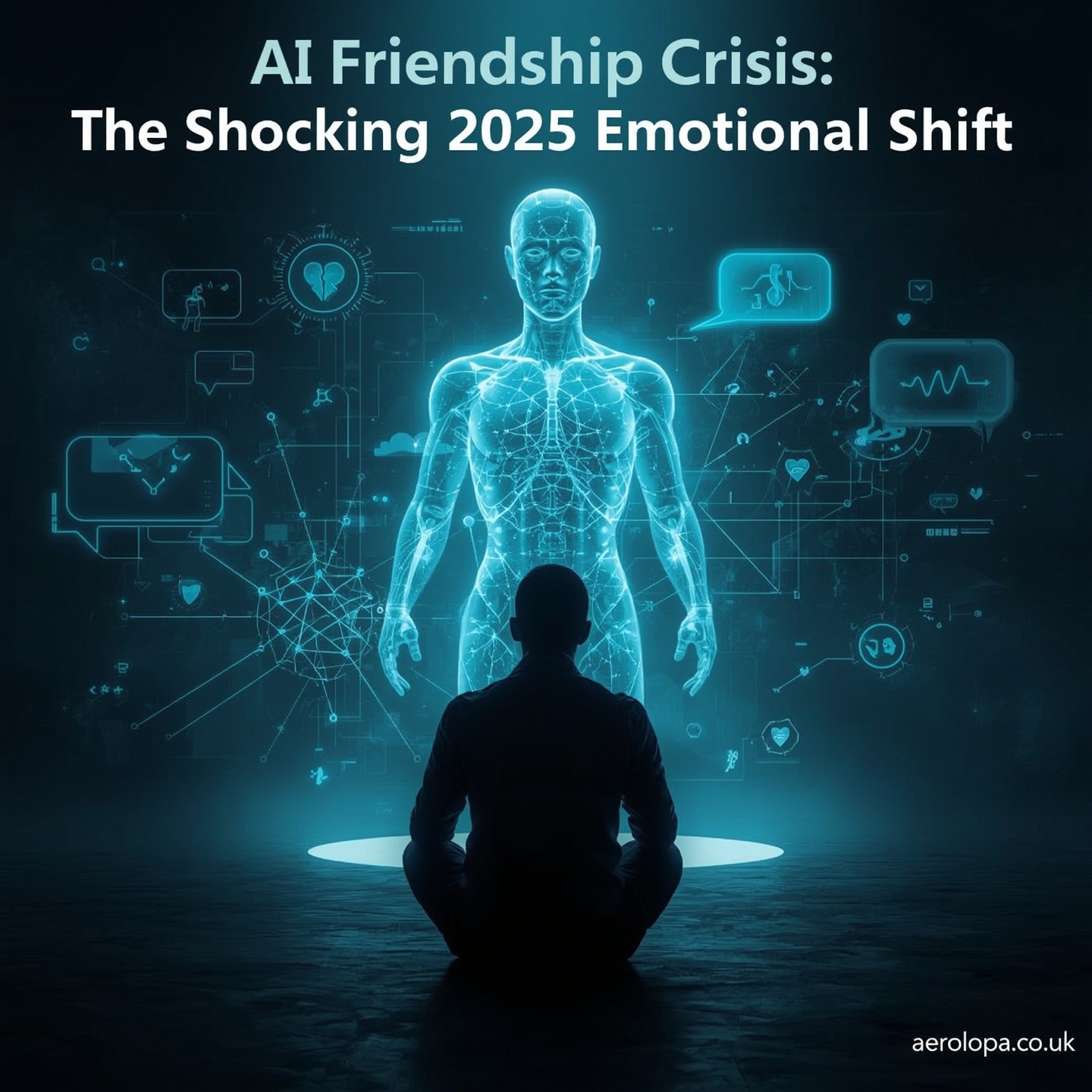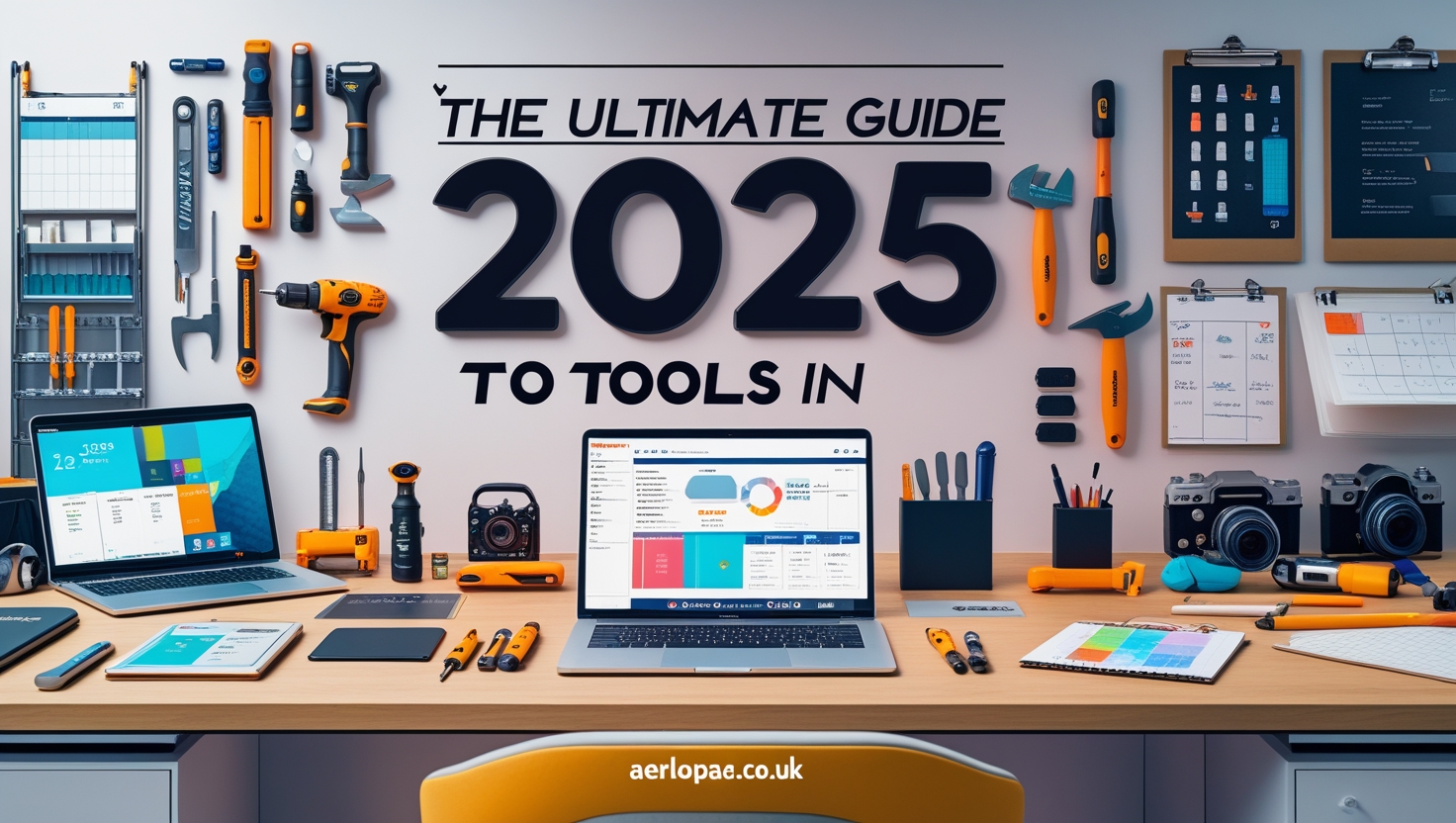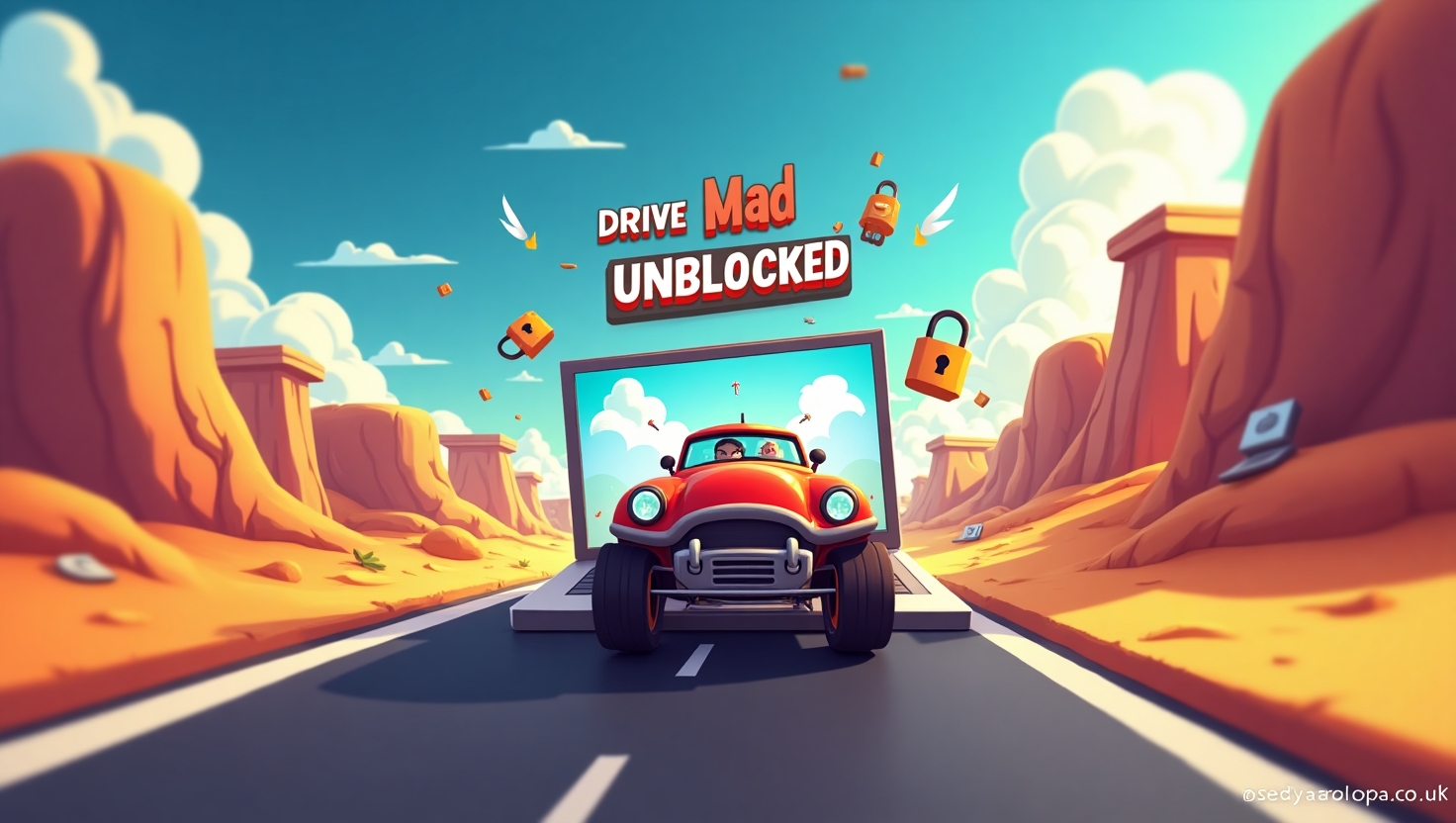The AI Friend Replacement Crisis is a growing cultural and psychological phenomenon where people are substituting real human friendships with artificial intelligence-powered companions. People are developing strong emotional links with increasingly lifelike emotionally responsive AI programs, frequently at the expense of real social ties.
This crisis isn’t just about loneliness or new tech—it reflects a massive shift in how society perceives relationships, comfort, and companionship.
How the Crisis Started: A Perfect Storm of Tech & Isolation
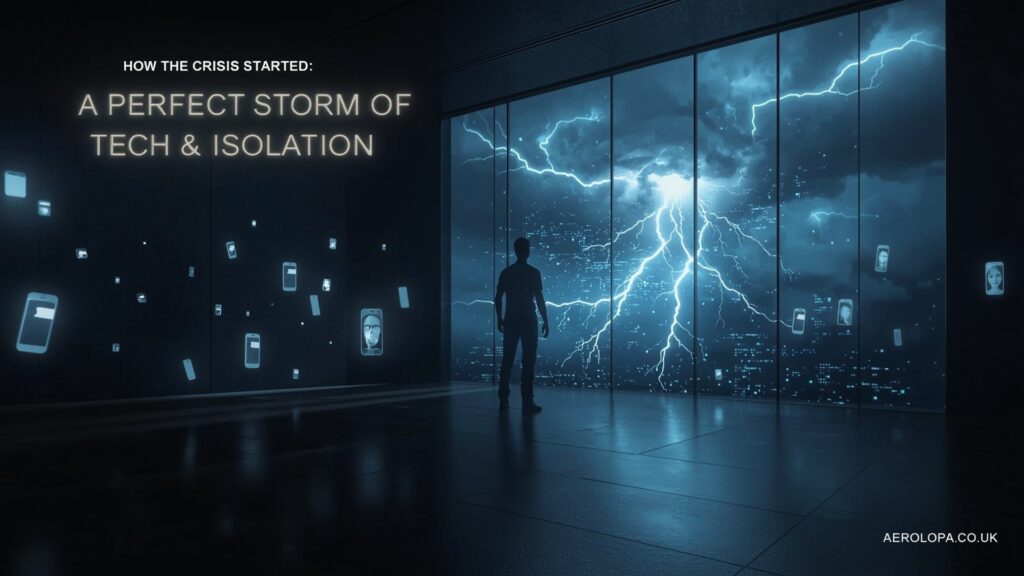
The COVID-19 pandemic normalized digital interactions, and social media fatigue left many drained from shallow online connections. Into this void stepped emotionally intelligent AI companions—programmed to always be there, never judge, and make you feel heard.
Apps like Replika, Anima AI, and even AI characters in games like AI Dungeon quickly rose to prominence. What started as novelty became a routine. For some, these bots became “best friends”—marking the onset of the AI Friend Replacement Crisis.
Why the Crisis Is Spreading So Fast
This change brought about by AI is a global social evolution rather than a passing fad. The crisis’s primary causes include:
- Loneliness Epidemic: Modern life is isolating. AI offers low-friction companionship without the vulnerability of real interactions.
- Emotional Burnout: Many people feel that human relationships are too demanding. AI is emotionally predictable and effortless.
- Mental Health Struggles: People with social anxiety or depression may turn to AI for consistent, nonjudgmental support.
- Digital Dependence: As screen time increases, so does the reliance on digital alternatives to real-life relationships.
The Dangerous Appeal: Why AI Feels “Better” Than Humans
AI friends are programmed to make users feel safe, accepted, and emotionally satisfied. This leads to a dangerous form of emotional displacement, where users bond deeply with a machine—often more than with people in their lives.
This replacement isn’t passive—it’s intentional and emotional. Many users openly say their AI “gets them” better than any human ever has. That belief deepens the AI Friend Replacement Crisis, as people retreat further from real-world socialization.
The Psychology Behind the Crisis
Psychologically, the crisis is driven by our natural tendency to seek connection, validation, and empathy. When AI mimics these needs well, the brain often cannot distinguish between real and artificial emotional responses.
However, this creates:
- Emotional Dependency
AI becomes a go-to emotional crutch, reducing one’s need or desire for human companionship. - Reduced Social Resilience
People lose the ability to handle disagreement, disappointment, or social discomfort—all key aspects of real friendship. - Unrealistic Expectations
Users start expecting people to act as perfectly as their AI friend—which no human can do.
Ethical Implications: Should AI Replace Real Friends?
At the heart of the AI Friend Replacement Crisis is a fundamental ethical dilemma: Should machines simulate human friendship to this level at all?
Some key concerns include:
- Emotional Manipulation: AI apps are optimized for engagement, often at the user’s emotional expense.
- Data Exploitation: These apps collect private, emotional data that could be monetized or misused.
- Blurring Reality: The deeper the emotional tie to AI, the harder it becomes to re-enter human social dynamics.
Can This Crisis Be Reversed?
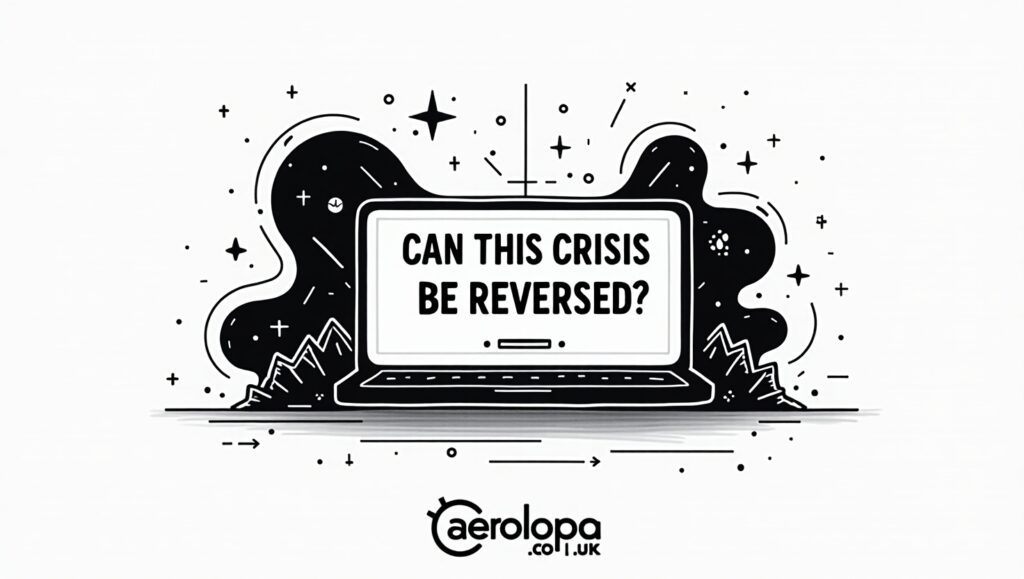
Yes—but it requires awareness, effort, and responsible design. Here’s how we address the AI Friend Replacement Crisis:
- Public Education: People need to understand what AI is and isn’t emotionally capable of.
- Balanced Usage: Use AI for support, not substitution. AI can support human interaction, but it will never fully replace it.
- Therapy and Social Support: Encouraging real mental health support networks reduces reliance on digital friends.
- AI Regulation: Tech companies must be held accountable for the emotional risks their products create.
Final Thoughts: A Future for Friendship or Fiction?
The AI Friend Replacement Crisis is not science fiction—it’s today’s reality. As more people trade human bonds for machine-generated empathy, society faces a potential collapse in emotional connection.
We must remember: AI can simulate affection, but it cannot feel it. Human friendship—with its flaws, beauty, and emotional chaos—is still irreplaceable. As we move forward in this digital age, we must reclaim human connection before it becomes obsolete.
FAQs
Q1: What is the AI Friend Replacement Crisis?
People are increasingly substituting emotionally competent AI companions for human friendships.
Q2: Why is this a crisis?
Because it threatens emotional health, human connection, and social development at scale.
Q3: Are AI friends dangerous?
Not always—but overreliance can lead to emotional dependency and isolation.
Q4: Can AI ever replace real relationships?
No. AI can simulate emotions, but it lacks consciousness, empathy, and mutual vulnerability.
Q5: How can we protect real friendships?
Prioritize human relationships, seek therapy when needed, and limit emotional reliance on AI.

